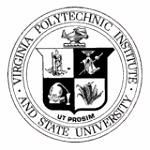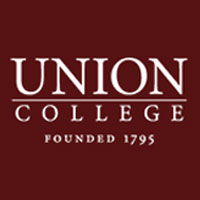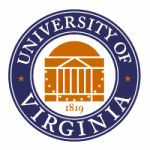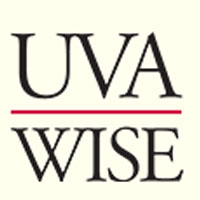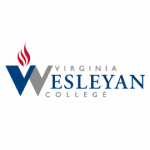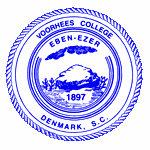-
Rankings
VIEW RANKINGS OF THE BEST COLLEGES, BEST UNIVERSITIES, BEST DISTANCE LEARNING PROGRAMS BY CATEGORY:
Best Undergrad Universities:
General, Accounting, Adult Education, Advertising, Aerospace Arts, Agriculture, Animal Sciences, Animation, Anthropology, Archeology, Architecture Arts, Arts, Astronomy, Athletics,
MoreBest Graduate Programs:
General, Accounting, Adult Education, Advertising, Aerospace Arts, Agriculture, Animal Sciences, Animation, Anthropology, Archeology, Architecture Arts, Arts, Astronomy, Athletics,
More -
School Profile
SCHOOL PROFILES:
Search for a college or university to learn more about them.
Most Searched Profiles:
-
College Match
Find the
Right College
Out of 2,093+
OptionsMatch & Compare Colleges
A 3-Step Process To Find The Perfect College.- Match Your Academic Skills with Colleges Nationwide.
- Match Your Educational Needs Including Majors & Minors
- Enter Your Personal Requirements to Find the Perfect Fit
-
Evaluation Methodology
LEARN MORE ABOUT HOW WE EVALUATE THE BEST UNIVERSITIES AND COLLEGES
- Request Evaluation



